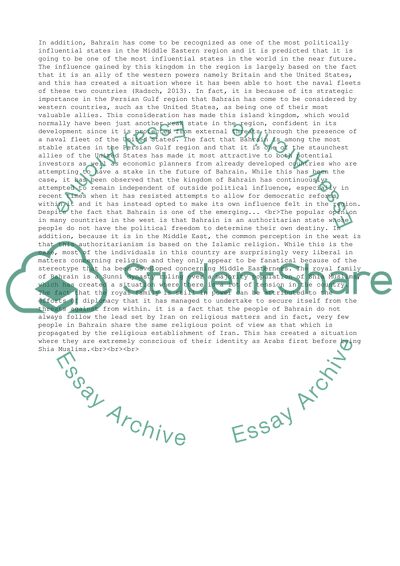Cite this document
(“Diplomatic Challenges of the Arabian Peninsula Case Study”, n.d.)
Diplomatic Challenges of the Arabian Peninsula Case Study. Retrieved from https://studentshare.org/business/1487370-diplomatic-challenges-of-the-arabian-peninsula
Diplomatic Challenges of the Arabian Peninsula Case Study. Retrieved from https://studentshare.org/business/1487370-diplomatic-challenges-of-the-arabian-peninsula
(Diplomatic Challenges of the Arabian Peninsula Case Study)
Diplomatic Challenges of the Arabian Peninsula Case Study. https://studentshare.org/business/1487370-diplomatic-challenges-of-the-arabian-peninsula.
Diplomatic Challenges of the Arabian Peninsula Case Study. https://studentshare.org/business/1487370-diplomatic-challenges-of-the-arabian-peninsula.
“Diplomatic Challenges of the Arabian Peninsula Case Study”, n.d. https://studentshare.org/business/1487370-diplomatic-challenges-of-the-arabian-peninsula.


